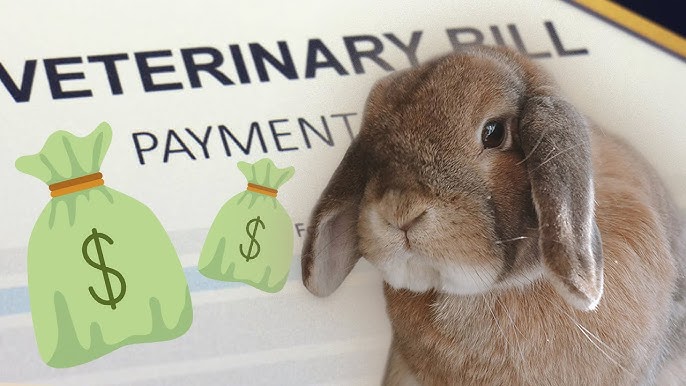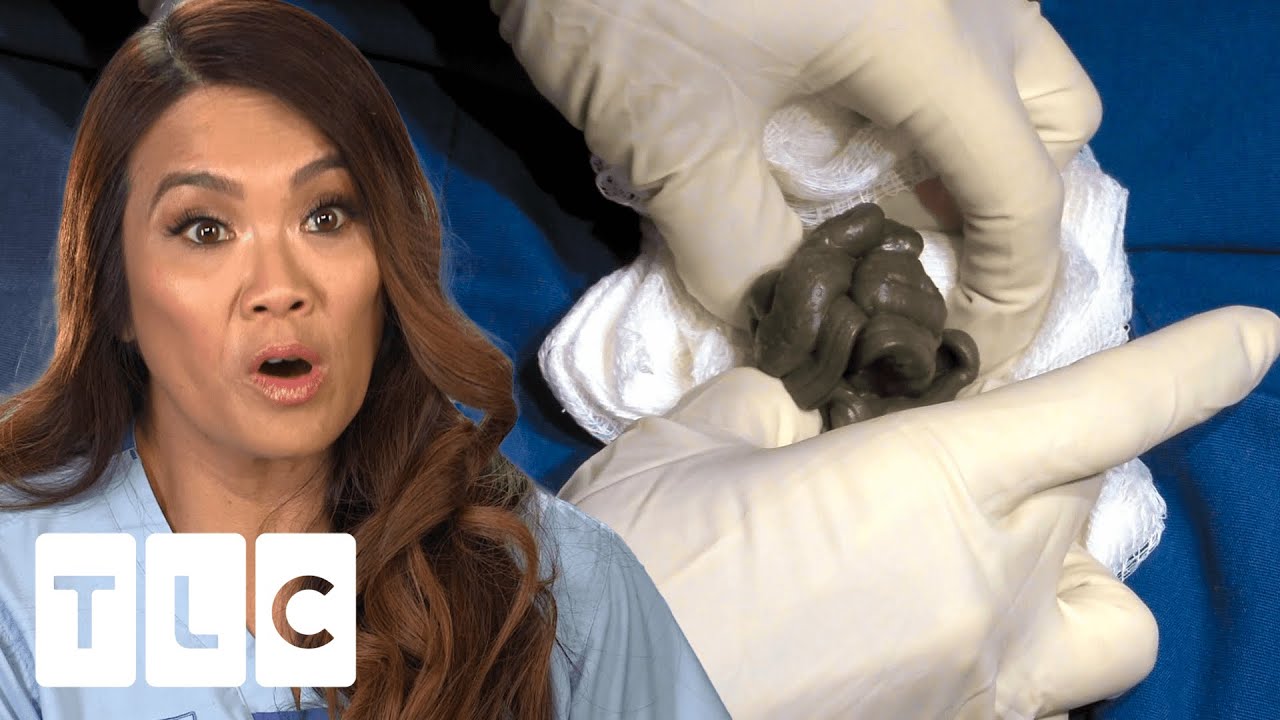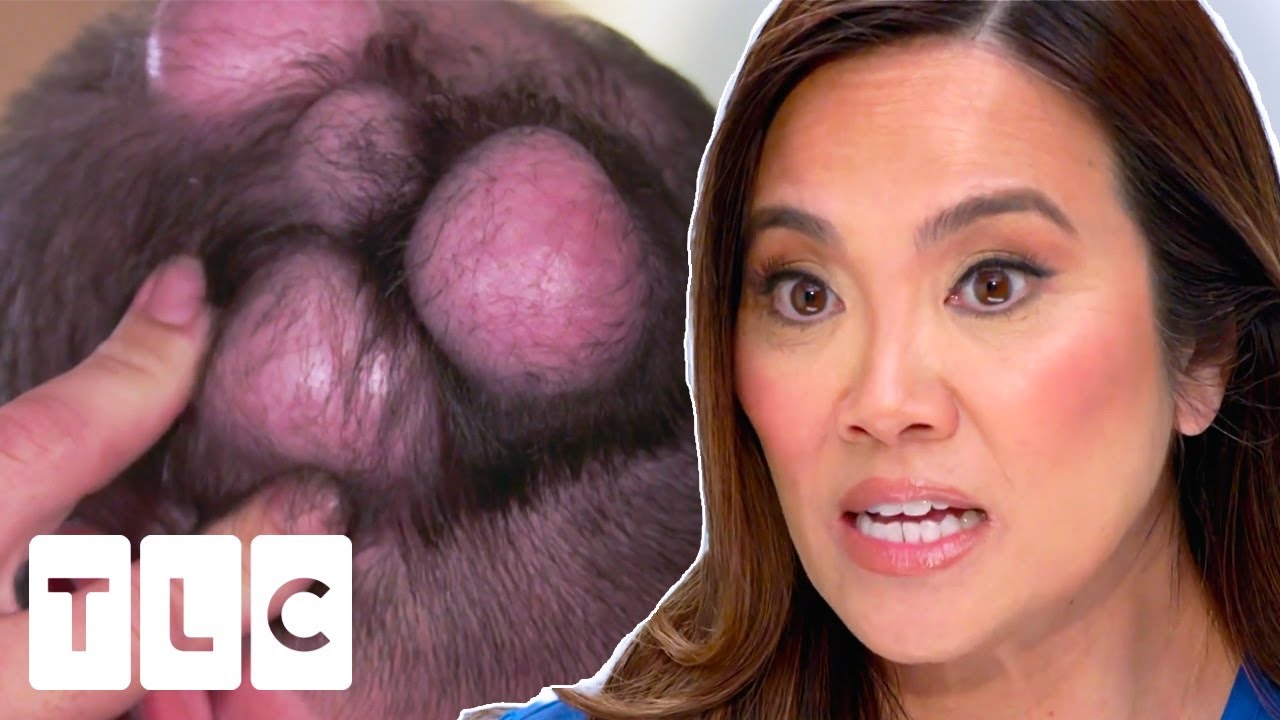
Rabbits may be small, but they have a big impact on our lives. Their playful antics, soft fur, and unique personalities make them beloved companions to many pet owners. However, like all pets, rabbits can face unexpected health issues or accidents that require veterinary care—and this can quickly become expensive. That’s where rabbit insurance comes in.
If you’re wondering whether rabbit insurance is worth it, this blog post will explain what rabbit insurance is, why it’s important, and how to choose the best plan to ensure your bunny gets the care they deserve without breaking the bank.
What Is Rabbit Insurance?
Rabbit insurance is a type of pet insurance designed to help cover the cost of medical care for your rabbit. Like other forms of pet insurance, it can help with both emergencies (such as accidents) and illnesses (like infections or dental issues), as well as preventive care in some cases. Having insurance for your rabbit can help alleviate the financial strain that comes with unexpected vet visits, ensuring that you can always provide the best care for your pet.
Why Should You Consider Rabbit Insurance?
- Unexpected Vet Costs: One of the biggest reasons to consider rabbit insurance is to protect yourself from costly veterinary bills. Rabbits can be prone to certain health issues, such as dental problems, gastrointestinal issues, or infections, which may require expensive treatments. With insurance, you’ll be covered if your rabbit needs emergency care, surgery, or long-term treatment.
- Peace of Mind: Rabbit insurance provides peace of mind, knowing that if your bunny gets sick or injured, you won’t have to choose between their health and your finances. You can focus on getting them the best care possible without worrying about how to cover the costs.
- Rising Veterinary Costs: As with other pets, veterinary services for rabbits are becoming more expensive. Rabbits require specialized care from veterinarians who have experience treating exotic animals, and this can be pricier than standard dog or cat care. Pet insurance helps you manage those costs so you can get the treatment your bunny needs without the financial burden.
- Preventive Care: Some pet insurance policies for rabbits include coverage for routine care such as vaccinations, check-ups, and parasite control. Preventive care can help catch potential health issues early, keeping your bunny healthy and reducing the likelihood of more serious (and costly) conditions later on.
Types of Rabbit Insurance
Like pet insurance for other animals, rabbit insurance comes in a variety of options. It’s important to choose the right coverage to suit your bunny’s needs. Here are some common types of coverage available for rabbits:
- Accident-Only Coverage: This is the most basic form of rabbit insurance. It covers injuries caused by accidents, such as broken bones or traumatic injuries. It’s an affordable option for pet owners who want basic protection in case of unexpected events.
- Accident and Illness Coverage: This type of coverage is more comprehensive, covering both accidents and illnesses. Illnesses common in rabbits, such as gastrointestinal problems, dental disease, or respiratory infections, can be expensive to treat. This plan provides a more well-rounded safety net for your pet’s health.
- Comprehensive Coverage: Comprehensive policies offer the most complete protection, including accident and illness coverage, as well as preventive care such as vaccinations, wellness exams, and parasite control. While this type of plan may come with a higher premium, it offers peace of mind that both emergency and routine care are covered.
- Wellness Plans: Some insurers offer wellness plans as an add-on to traditional rabbit insurance policies. These plans typically cover things like vaccinations, regular health check-ups, and other preventive treatments that can help keep your rabbit healthy and reduce the need for costly treatments down the line.
What Does Rabbit Insurance Cover?
The coverage available to rabbits can vary from one insurer to another, but in general, rabbit insurance can cover:
- Accidents: Injuries caused by accidents, such as falls, being hit by a car, or eating something toxic.
- Illnesses: Conditions like gastrointestinal stasis (a common issue in rabbits), respiratory infections, dental problems, and more.
- Surgeries: Necessary procedures such as spaying/neutering, dental surgery, or other surgeries needed due to injury or illness.
- Diagnostic Tests: Tests like X-rays, blood work, or ultrasounds used to diagnose conditions.
- Emergency Care: Coverage for emergency vet visits, which can be costly, especially if they’re after hours.
- Medications: Prescription treatments for illnesses or chronic conditions.
- Chronic Conditions: Long-term care for conditions like dental disease, which is common in rabbits, or arthritis.
Some policies may also offer additional coverage for things like behavior therapy or alternative treatments (e.g., acupuncture), though this will vary by provider.
What’s Not Covered by Rabbit Insurance?
While rabbit insurance can offer valuable coverage, there are certain exclusions to be aware of. Common exclusions in rabbit insurance policies include:
- Pre-Existing Conditions: Any medical conditions that your rabbit had before enrolling in the insurance policy typically won’t be covered.
- Routine Care (unless specified): Some policies don’t include regular check-ups, vaccinations, or spaying/neutering unless you purchase an additional wellness plan.
- Cosmetic Procedures: Non-essential treatments like grooming or tail docking are generally not covered.
- Behavioral Issues: Many insurance policies don’t cover behavior-related issues unless they are the result of an underlying medical condition.
It’s important to carefully read the terms and conditions of any policy to understand the exclusions and limitations.
How Much Does Rabbit Insurance Cost?
The cost of rabbit insurance can vary based on several factors, including your rabbit’s age, breed, health history, and the type of coverage you choose. On average, rabbit insurance premiums range from $10 to $30 per month. However, the price can be influenced by:
- Age: Younger rabbits tend to have lower premiums, while older rabbits may cost more to insure due to their increased risk of health issues.
- Breed: Some rabbit breeds are more prone to certain health conditions, which may increase the cost of insurance.
- Coverage Type: Accident-only coverage will be less expensive than comprehensive plans, which offer more extensive protection.
- Location: Veterinary costs vary by region, so the cost of insurance may differ depending on where you live.
You can often choose between different deductible options, with higher deductibles leading to lower premiums, but be sure to factor in what you can afford when making this decision.
How to Choose the Right Rabbit Insurance Plan
Choosing the right insurance plan for your rabbit is important for ensuring they get the best care. Here are some tips for selecting the right coverage:
- Consider Your Rabbit’s Health: If your rabbit is young and healthy, accident-only coverage may be enough. For older rabbits or those with health issues, a more comprehensive plan may be better.
- Compare Providers: Take the time to research different pet insurance companies and compare their coverage, premiums, exclusions, and customer reviews.
- Understand the Coverage: Be sure to carefully read the terms and conditions of the policy to ensure that it covers the treatments and conditions most relevant to your rabbit’s health needs.
- Look for Flexibility: Some insurance plans allow you to adjust your coverage or add additional wellness care options, so consider providers that offer flexible plans.
- Budget for Premiums: While it’s important to ensure your rabbit has adequate coverage, the premiums should also fit your budget. Make sure you can afford the monthly cost of insurance.
Final Thoughts
Rabbit insurance is an excellent way to protect your pet from unexpected health problems and expensive vet bills. While rabbits are often seen as low-maintenance pets, they are still susceptible to health issues that can be costly to treat. With rabbit insurance, you can ensure that your bunny gets the care they need without putting a strain on your finances.
If you haven’t considered rabbit insurance yet, now may be the right time to explore your options. With the right coverage, you can rest easy knowing that your furry friend is protected.
Do you have any experiences with rabbit insurance? Share your thoughts or questions in the comments below!

